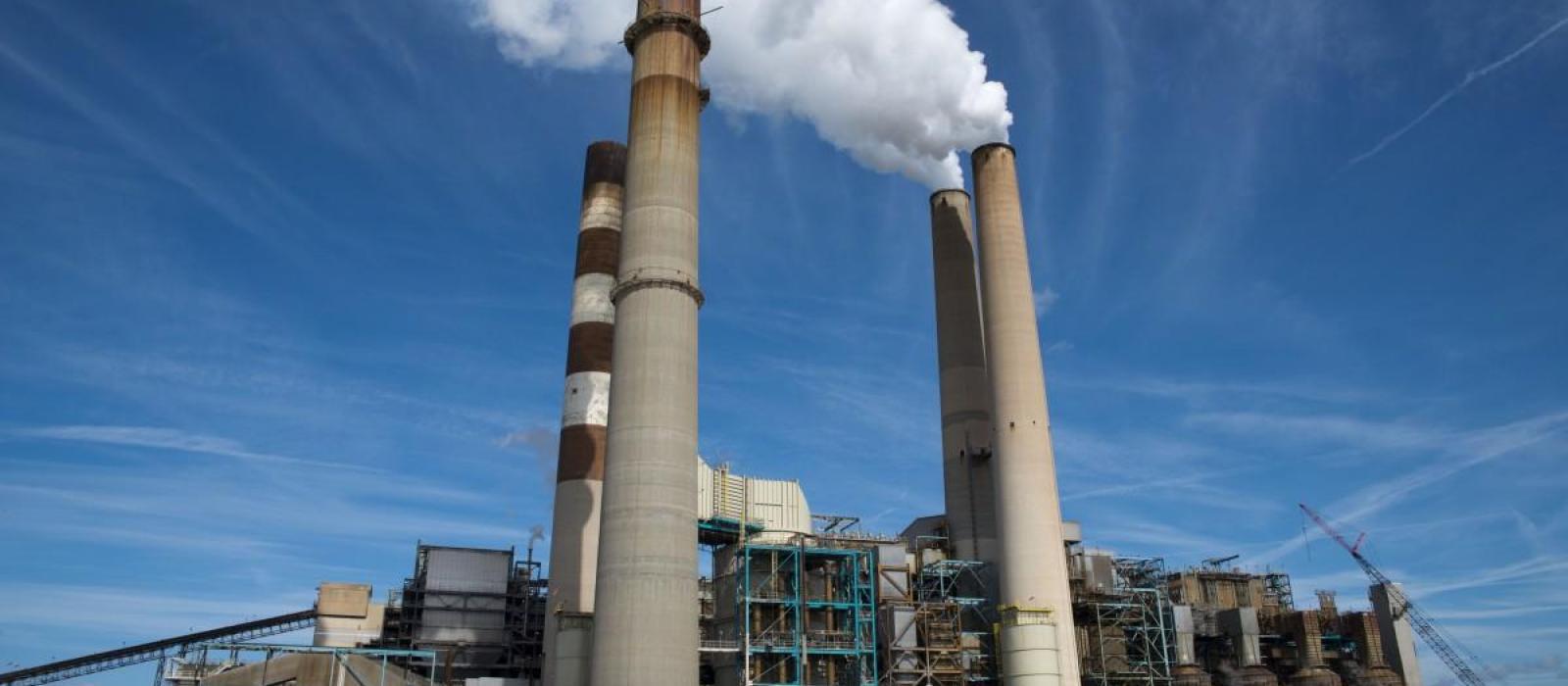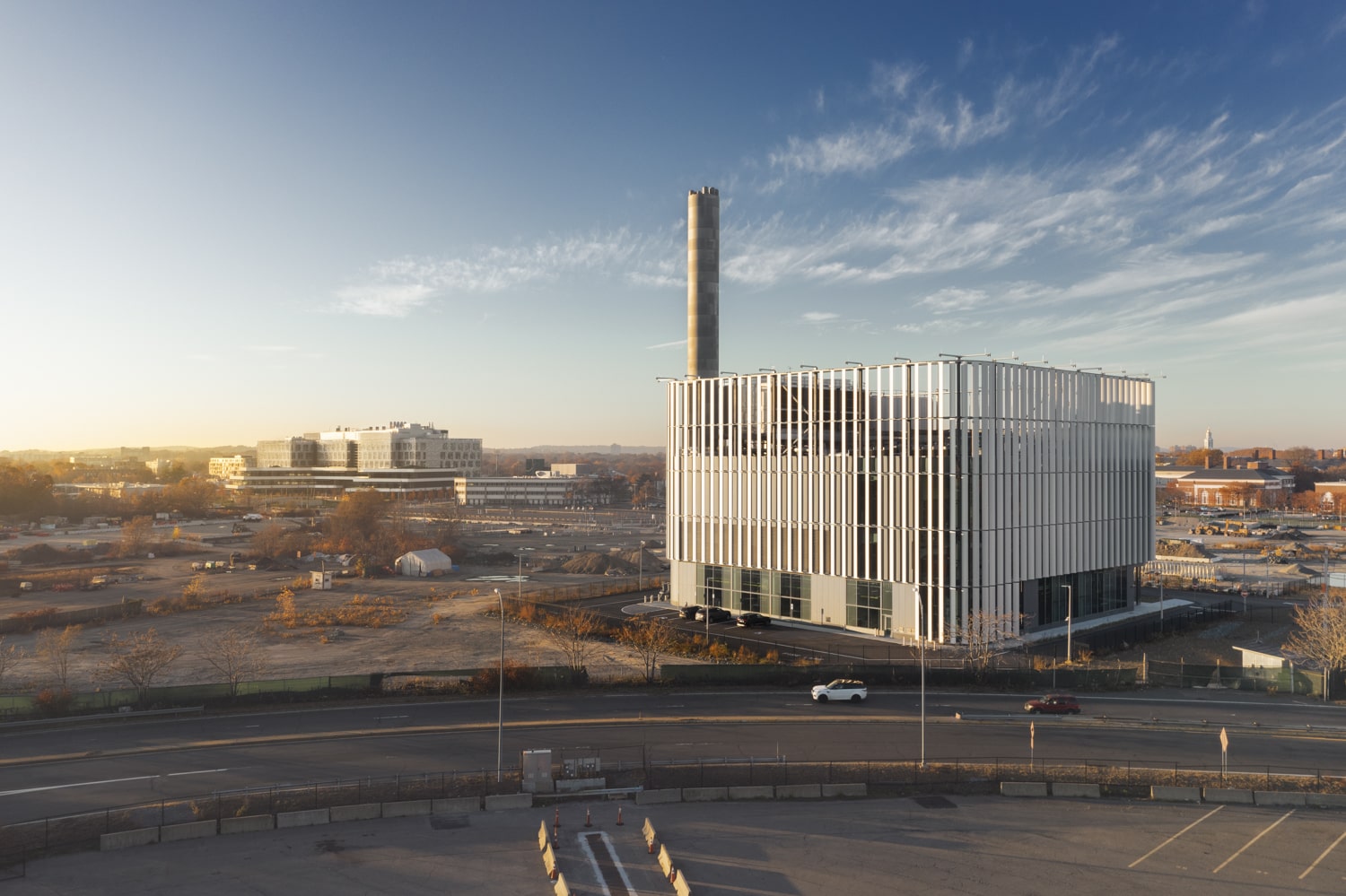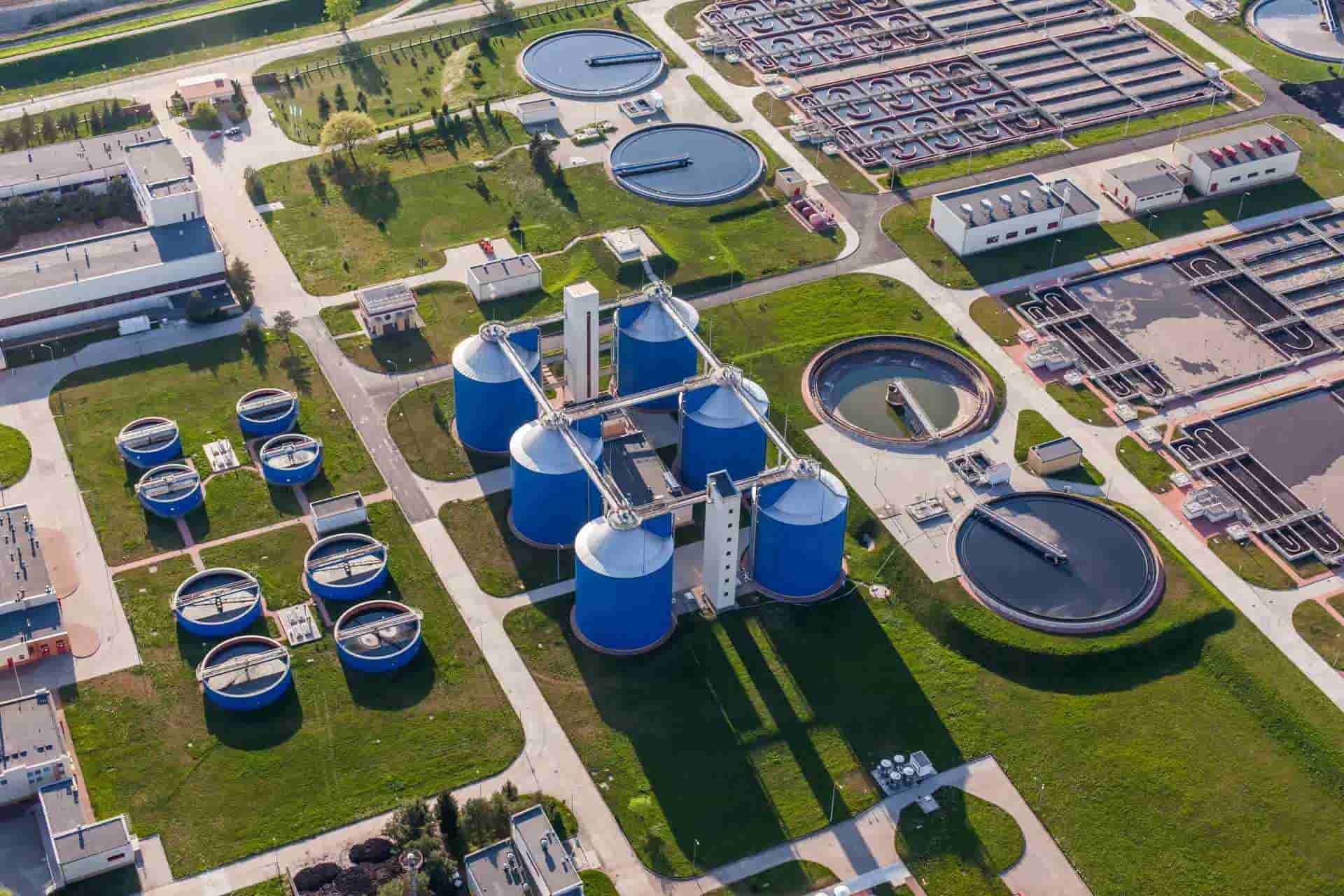Sustainable processes produce renewable gas. Renewable gases are essential to a cleaner, more sustainable energy system since they are made from renewable resources and emit little or no carbon.Biological, thermal, and electrochemical processes generate renewable gases. These approaches produce fuels and energy carriers from natural and organic materials.
Renewable gases replace fossil fuels and reduce greenhouse gas emissions to decarbonize diverse economic sectors. They reduce climate change, provide energy security, and are sustainable. As renewable energy technology improve and demand for cleaner energy sources rises, renewable gases are likely to play a major role in the global energy transition, promoting a more sustainable and resilient future.
Types of Renewable gases and sources
Biogas
Anaerobic digestion of agricultural wastes, sewage, and food waste produces biogas. It’s mostly methane and carbon dioxide.
Hydrogen
Electrolysis splits water molecules into hydrogen and oxygen, producing hydrogen gas. Its clean energy carrier has many uses.
Biomethane
Carbon dioxide is extracted from biogas to produce high-purity methane. It can fuel vehicles or be pumped into natural gas pipelines.
Syngas
Biomass gasification produces syngas. It contains H2, CO, CO2, CH4, and N2.
Green Hydrogen
Electrolysis of water with renewable electricity produces green hydrogen. Transportation, industry, and power generation can use this zero-emission fuel.
Blue hydrogen
Blue hydrogen is created by steam reforming biogas, biomethane, or bioSNG. Low-carbon because it captures and stores carbon emissions.
Renewable gases reduce greenhouse gas emissions and help transition to a clean energy system.
Contribution to Decarbonization and Climate Change Mitigation
Renewable gases aid decarbonization and climate change. They counteract global warming by providing a sustainable alternative to fossil fuels. Biogas, biomethane, green hydrogen, and syngas provide cleaner energy solutions in numerous sectors. These gases can store energy and be integrated into the natural gas grid. Renewable gases recycle organic waste and biomass to promote a circular economy. Renewable gases drive the low-carbon future and climate goals.









